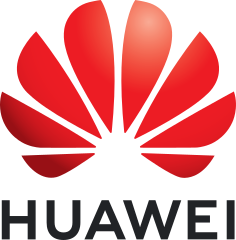North American businessmen have long been aware that traveling to China had its risks: executives with cellphones and laptops feared the theft of intellectual property and cyber attacks when in the biggest of all Asian nations.

But now the level of fear has been notched up to the next level.
Ever since the arrest of Meng Wanzhou on December 1st, traveling to China for business people hailing from the West, and especially North America, has been a nail-biting experience. Wanzhou, the head of giant cellphone maker Huawei, was arrested in Canada and her extradition was requested by the USA. She is charged with fraud because her company has allegedly had business dealings with Iran, a violation of US sanctions against the middle eastern country. Then the atmosphere intensified when Chinese officials stopped two Canadians, saying the pair was suspected of national security violations.
It is supposed by observers that the self-destructive mutual suspicions will not spiral out of control since neither side has any interest in provoking the people they want to do business with, and therefore will not publicly change their travel policies.
Unfortunately, sometimes mistakes are made. Last week the US tech company Cisco sent an email to their employees telling them that all non-essential trips to China would be suspended. The company caught the mistake and issued an apology stating that their travel policy to China had not changed.
American diplomats and businessmen will say in private that the two Canadians being held in China now is in retaliation for Meng’s detention, according to Craig Allen, the president of the US-China Business Council.
“If we don’t recognize that as a possible signal to American interests and to American businesses, then we would be willfully blind,” he says.
